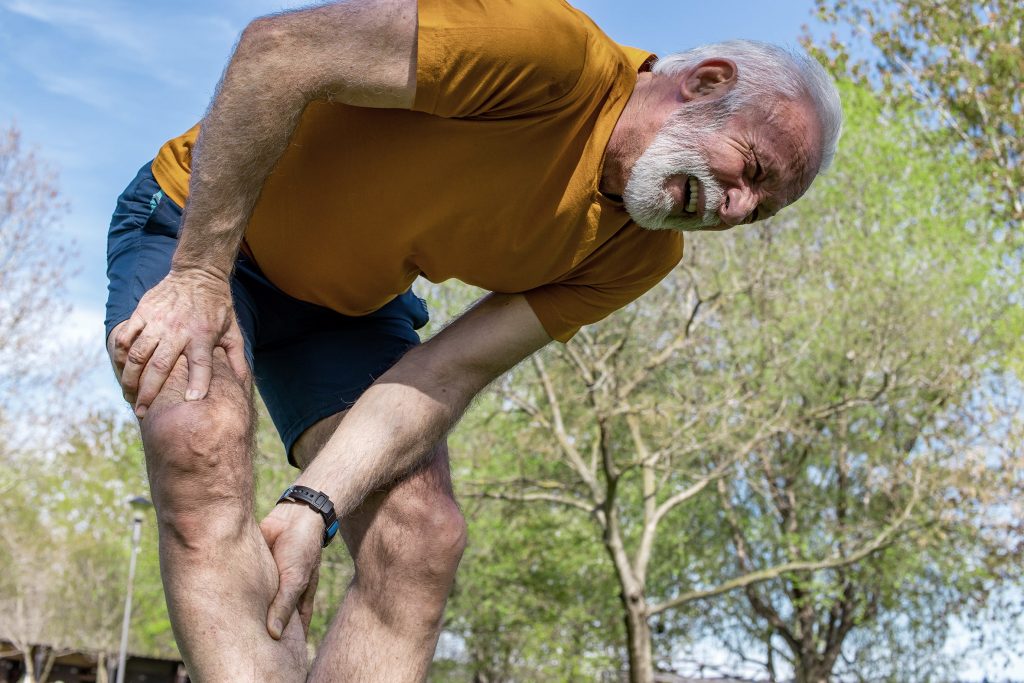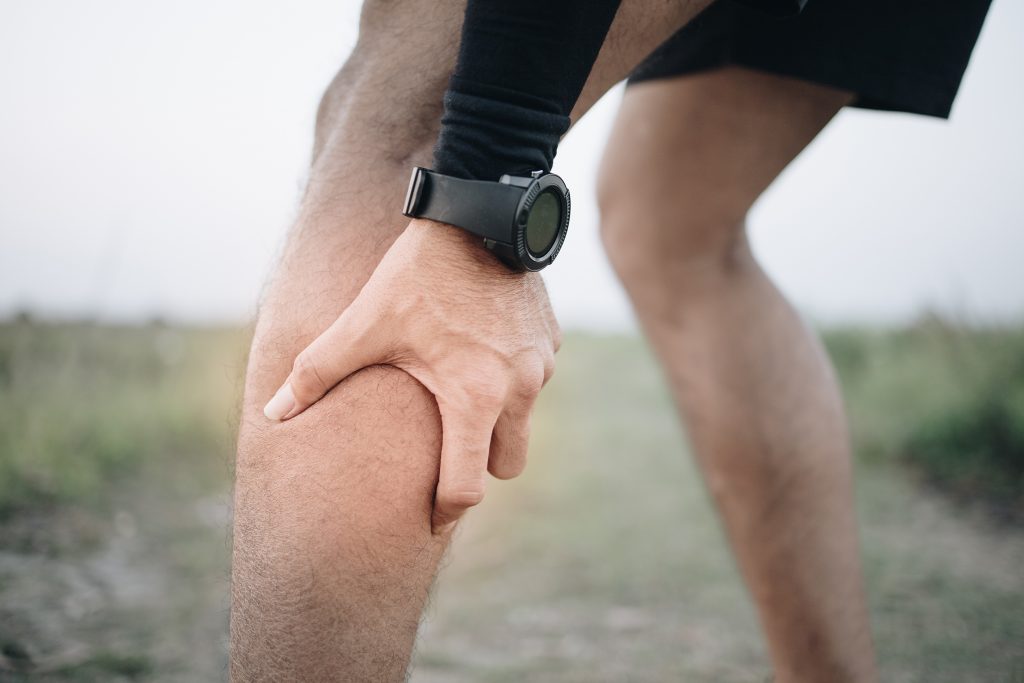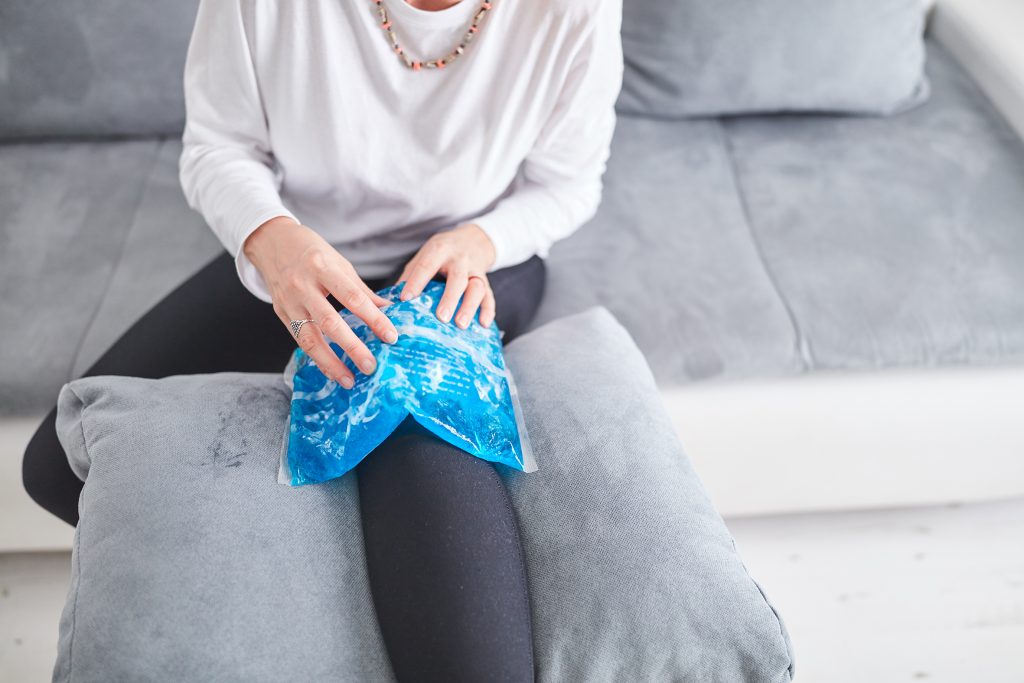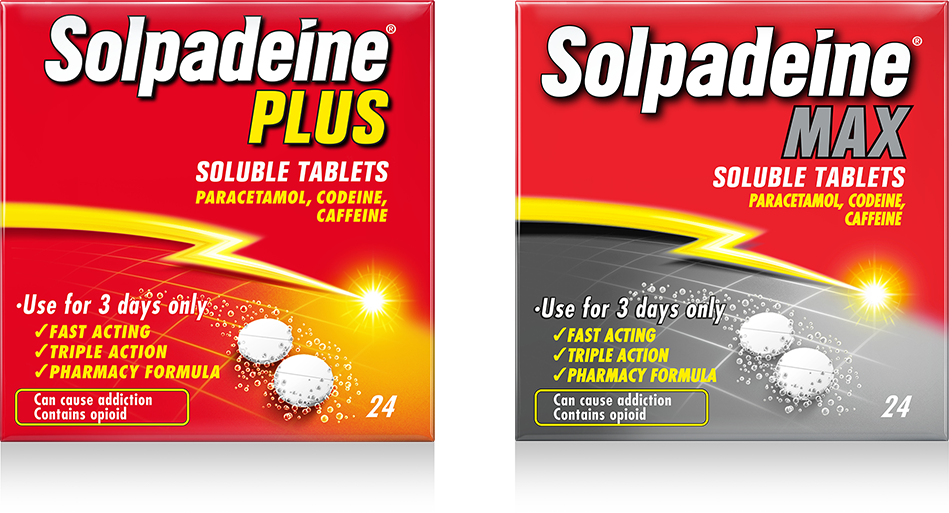Calf & thigh pain
Calf and thigh pain may be caused by an injury, but there can also be an underlying cause. It’s important to know the difference so that you can get the right treatment or relief that you need.
Calf & thigh pain causes
Calf and thigh pain is mostly a result of a strain caused when a muscle is stretched or torn, or a sprain when a ligament is stretched or twisted, usually because of sports injuries, a fall or a blow to the area.1,2

Calf & thigh pain types
Calf and thigh pain can be broadly classified into either injury-related (muscle or ligament) or due to a blood clot (deep vein thrombosis, or DVT).
Calf & thigh pain symptoms
Leg pain caused by calf and thigh injuries can include inflammation of the affected area, possibly with stiffness and loss of movement.2,3
However, throbbing, swelling or cramping pain in just one leg can be a sign that you have a blood clot – know as deep vein thrombosis (DVT).3 Other symptoms of DVT include breathlessness and chest pains. If you are experiencing any of these you must call 999 or go to A&E immediately, as blood clots in your veins can travel through your bloodstream to your lungs and create a serious and life-threatening condition called a pulmonary embolism.3
There is some initial evidence that people with severe COVID-19 infection can have an increased risk of developing blood clots in their veins and arteries. Researchers are still trying to work out why this happens, but one theory is that the immune systems of some people with severe COVID-19 go into overdrive, leading to the over-activation of cells that usually stop our blood clotting.4
Most people with severe COVID-19 will be being treated and monitored in hospital anyway, but again, if you are at home and experiencing any symptoms that suggest you may have a blood clot, call 999 or go to A&E straight away.

Calf & thigh pain relief
To get short-term relief from leg pain the RICE approach of Rest, Ice, Comfortable Support, and Elevation can help. This involves resting the calf or thigh muscle to prevent further injury, and applying an ice pack for 15 minutes using a support bandage to hold it in place that covers the area to the next joint. Finally, elevate the injured part of the leg and support it with something soft, like a cushion.5
Ask your pharmacist for more advice about leg pain relief, and try Solpadeine Plus or Solpadeine Max. It’s important to listen to your body and not ignore persistent symptoms or leg pain, so talk to your GP if the pain in your calf or thigh doesn’t go away.

Treat my pain
The Solpadeine range of clinically proven dual and triple action painkillers deliver pain relief when you need it most

References:
1. NHS Inform Scotland: Muscle, bones and joints self-management – calf problems. Available at: https://www.nhsinform.scot/illnesses-and-conditions/muscle-bone-and-joints/self-management-advice/calf-problems Accessed July 2021.
2. NHS Inform Scotland: Muscle, bones and joints self-management – thigh problems. Available at: https://www.nhsinform.scot/illnesses-and-conditions/muscle-bone-and-joints/self-management-advice/thigh-problems Accessed July 2021.
3. NHS: Deep vein thrombosis. Available at: https://www.nhs.uk/conditions/deep-vein-thrombosis-dvt/ Accessed July 2021.
4. Health Research Institute UK. People with coronavirus are at risk of blood clots. Available at: https://www.hriuk.org/health/your-health/lifestyle/people-with-coronavirus-are-at-risk-of-blood-clots-and-strokes Accessed July 2021.
5. St John Ambulance. How to treat strains and sprains. Available at: https://www.sja.org.uk/get-advice/first-aid-advice/bones-and-muscle-injuries/strains-and-sprains/ Accessed July 2021.
Solpadeine® Max Soluble Tablets, Paracetamol 500mg, Codeine Phosphate Hemihydrate 12.8mg, Caffeine 30mg For the treatment of acute moderate pain which is not relieved by paracetamol or ibuprofen alone. Contains codeine. Can cause addiction. Use for 3 days only. Always read the leaflet.
Solpadeine® Headache Soluble Tablets contain Paracetamol and Caffeine – a mild analgesic and antipyretic formulated to give extra pain relief. Always read the leaflet.
Solpadeine® Plus, Solpadeine® Max and Solpadeine® Headache products are not recommended for children under 12 years of age.
SolpaOne® 1000mg Effervescent Tablets contains paracetamol only. For the treatment of mild to moderate pain and/or fever. For adults and adolescents over 50kg of body weight aged 16 years and above. Always read the leaflet.

